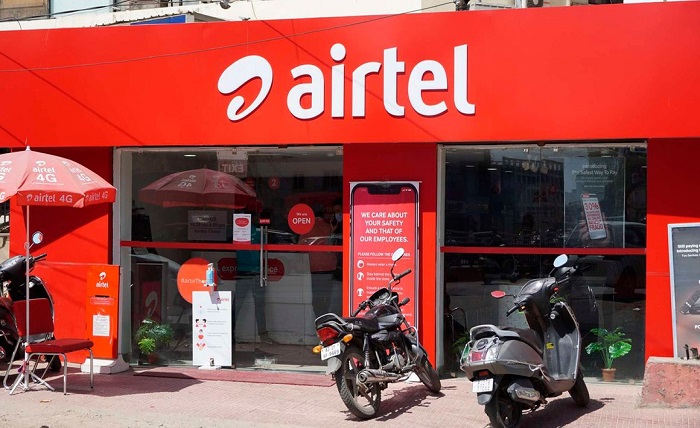
HABARI DAILY I Kampala, Uganda I Airtel Uganda’s initial public offering (IPO) attracted a lot of attention on the local stock market. Has it not been for the weak publicity about this offering, the attention would have been greater. I for one believe the offering is a viable option for thrifty investors, with a possibility of earning them millions of shillings down the road.
The IPO was rolled out on August 30 after a 12-month delay. The managers blamed this on weak economic conditions in the Ugandan economy.
The most beneficiary to the IPO will be Airtel Uganda as a company, the law which says that all telcos should list on the Uganda Securities Exchange (USE) to increase citizens’ share of industry profits after years of revenue growth, not withstanding.
Airtel Uganda’s shares are being sold at Sh100 ($0.02) each, with eight billion ordinary shares available for sale. These are equivalent to 20% of the firm’s issued shares. This translates into a total IPO value of sh800b ($213.7m).
Despite the prevailing harsh economic conditions, many Ugandans have gone in for the buy.
This may be because many people usually utilise fresh cash to buy shares during IPOs. However, some prospects are wary of taking up debt in order to access these shares. Because of the economic downturn, there is fear that they may default on their loans.
But the fact of the matter is that most of the transaction activity in local IPOs happens in the last weeks of the offer period. Now that the offer period has been extended, there might be positive movements on counters, and uptake of the shares might just go through the roof.
The good news for the Airtel Uganda team is that the Uganda Government’s policy on mandatory listing of telecommunications companies has created an appetite among the locals to buy into the multinationals. However, many need to be educated on the long term benefits of buying and holding shares.
The appetite just has to grow, if the telecoms are to make a killing. If I may say it again, Airtel Uganda shares are a good deal, most especially for the thrifty buyers who think outside the box. The huge investment the company has made into this country’s telecommunications network, which grows by the year is assurance enough that profits will continue trickling in.




